Interview with Mark Schapiro, speaker at European Investigative Journalism Conference, Brussels
 BRUSSELS, 10/10/2008. “Hold the power and use it to reveal things, … the power is increasingly in Brussels, and that is why this conference is extremely important.” – says Mark Schapiro author of the book Exposed – The Toxic Chemistry of Everyday Products and What’s at Stake for American Power. On the VVOJ Conference he will talk about the European Union’s leading role in global economy and political power. He also shares useful tricks how to use the EU as a way of investigating international stories.
BRUSSELS, 10/10/2008. “Hold the power and use it to reveal things, … the power is increasingly in Brussels, and that is why this conference is extremely important.” – says Mark Schapiro author of the book Exposed – The Toxic Chemistry of Everyday Products and What’s at Stake for American Power. On the VVOJ Conference he will talk about the European Union’s leading role in global economy and political power. He also shares useful tricks how to use the EU as a way of investigating international stories.
Q.: You are a speaker at the European Investigative Journalism Conference. Could you please give me a little appetizer of your speech?
I’m going to talk about the enormous influence that the European Union has worldwide. When it comes to economic and political power Brussels is now the ‘other’ Washington D.C. Journalists have grown accustomed to strong investigative journalism coming out of Washington, its influence has been long understood. Now, however, Brussels is becoming a critical player on multiple levels, with implications both for Europe and around the world. For that reason, now is a good time to bring the tools of investigative journalism to bear on the EU. There are many Europeans attending who have a great amount of skill in reporting on the EU, I’ll try to add a few ideas about investigating with a global perspective in mind.
Q.: You were talking about tools and techniques. Are there any special tricks that you use in your stories?
Of course, journalism is made out of tricks—tools and techniques—it just depends how you use them. The tools that I use are obviously reporting, interviewing, searching documents etc. There is though a particular challenge to doing an international investigation. You have to come to understand the internal logic of a place, that may be foreign. I’ve worked in Brussels and around Europe quite a bit over the past twenty years, and one thing is clear to me: The EU may look like a group of huge, boring bureaucracies. If there’s any trick to reporting on the EU, its approaching these bureaucracies as centre of real power. Sounds simple, but sometimes I think that people are just overwhelmed by the sheer hugeness and opacity of the EU. I approach the EU with this central idea in mind: Power means conflict, and conflict means drama: Somebody wins, somebody loses. The trick is remembering that EU stories are not about paper shufflers, but about wielders of power. Inside those bland hallways decisions are being made with huge consequence: from the toxic chemicals used in products to human and labour rights, questions of food safety, financial regulations, strategies for fighting climate change, maritime accidents, the role of companies in shaping drug and chemical regulations, the pursuit, or not, of renewable energy, all across the board decisions are made that cast one major interest aside and favour another. Not to mention the huge growth of lobbying as Brussels becomes a new centre of the action, and threat, to established interests. Because I know something about the U.S. and also about the EU, I was able to keep a foot on each side of the Atlantic. When you do that, you can exploit, in reporting, the ability to play one side against the other. Company and government officials tell you one thing in Europe, and another thing in the United States and elsewhere. And this is something journalists should think about as we get more global in our perspective. The great thing about globalization, for journalists, is that you can access information about corporations and governments in one part of the world and use that information in other parts of the world. In Brussels one thing they can start doing, for example, is finding ways to use one of the under-utilized tools: the freedom of information act, which has the potential to pry open the EU. Several people will be talking about this in detail at the conference. In fact, some of the organizers of the conference are also behind the website, wobbing.eu, which offers a pretty good primer on using the EU’s freedom of information laws.
Q.: What did your book achieve? Did you want to achieve something internationally?
In my book (Exposed – The Toxic Chemistry of Everyday Products and What’s at Stake for American Power, 2007) I wrote about the EU from the perspective of how its environmental policies are challenging American corporations. I revealed how U.S. companies are agreeing to protect you in Europe from environmental hazards, then telling us back here in the U.S. that such changes are impossible, economically unfeasible, utopian. I revealed the essential bluff at the heart of U.S. companies’ unwillingness to abide by tighter environmental controls in the United States. Which turns the U.S. into a dumping ground for products banned in Europe; that’s certainly a first for both the US and Europe. I revealed the consequences of the tectonic shift in geo-political influence from the US to the EU, and took on a central illusion held by most Americans, that they are at the centre of a universe around which the rest of the world revolves. In terms of impact, I ended up speaking to a number of different legislators in different states, which used some of the arguments in my book to push through chemical regulations in their states—Minnesota, California, Maine for example. I travelled around the US talking about the EU, and about how U.S. companies are already doing in Europe what they are refusing to do in the U.S. So whether you like the EU or not—and many Europeans of course have great scepticism—there is an incredible consolidation of economic and political power in Brussels. I wanted to explore what happens when US multinationals have to obey rules coming from a government over which they have limited influence—and their efforts to change that through wholesale export of their Washington lobbying operations to Brussels. My portrait of the EU was in some ways a positive one; in my book I looked at the EU from a comparative point of view. But it takes just a tweak of perspective to see the EU on its own terms, as a European might: as self-interested and potentially corruptible as the government in the United States, or anywhere else for that matter, and thus a rich terrain for investigation.
Q.: Why do you think it is important to go to the European Investigative Journalism Conference and represent investigative journalists? What do you think the conference can achieve?
We as investigative journalists, have to adapt as globalization moves forward and communication speeds up daily. I‘ve spent most of my career doing international reporting. The reason I am going to the conference is that I think it is an ideal time to consider the ways that journalists can further sharpen their abilities to hold their government accountable. And just as Europeans have a stake in what happens in Washington, Americans have a stake in what happens in Brussels. To write about how power is wielded, and its at times destructive consequences, you have to know how it works and where it resides and that is, increasingly, in Brussels.
Q.: You are also the editorial director of the Center for Investigative Reporting what do you intend to achieve at CIR?
The Center has been around for thirty-two years, and was the first non-profit journalism organization in the US, if not the world. We are able to spend the time to develop a story in depth. Our focus is on systemic abuses of power: from the environment, human rights, civil liberties, corrupt corporations. We are not so concerned with individual acts of corruption but how systems work to facilitate abuses of power. Our stories come out on television, radio, in print, on places like Frontline on PBS, National Public Radio and publications like Harper’s Magazine and the Los Angeles Times. Our website also features a lot of background documentation and additional reporting to all the stories we do in different media. We intend to continue and expand our operations—particularly at a time when the traditional sources of support for investigative journalism is shrinking. Our work is also increasingly international in scope, because that’s how power moves. So we have plenty to look at. And we intend to strengthen our partnerships with like-minded journalism enterprises in Europe and around the world, as well as in the United States. Working with people and media that are not competitive, each working on a trans-national investigation in their own national markets, means we can cover a lot more ground than working alone.
Q.: What is the future of investigative journalism in your opinion?
There is a misunderstanding I think that investigative journalists, in some glorified mystical time in the past, were once beloved creatures with abundant resources to pursue the powerful. There was a brief time when investigative reporting was more publicly celebrated, that’s in the wake of Watergate when a couple of journalists helped take down the President. Investigative teams were started at newspapers and television stations around the country. That didn’t last too long, now the blizzard of 24/7 news and the proliferation of tawdry so-called investigations has begun to blur the lines, in the public’s mind anyway, between investigative reporting, journalism and tabloid sensationalism. Nevertheless, I think we have to more clearly understand the place we occupy in the media firmament: Investigative reporters have always had to struggle to get their work out to the public because we frequently come up against powerful interests. Investigative reporters write what amounts to the third or fourth draft of history. We come in after the common wisdom has been established, and then jump in to reveal the real interests behind it. The greatest service that investigative journalists can provide is in puncturing the manufactured reality—to reveal what the real story is behind the reality created by powerful political and economic interests. For this reason, investigative journalists don’t make a lot of friends in high places, they never have. That’s not our role, it never has been. Now the stresses are being heightened by cutbacks in support from traditional, commercial sources for very talented investigative reporters. This is happening in the US as well as in Europe. I think that’s a big mistake. Media owners should understand that investigative journalism brings them readers, or viewers or listeners, and its often the thoroughly reported stories that give them credibility in the marketplace. Its also important to an informed democracy. What’s amazing now, I would add, is that there is still a tremendous amount of great investigative reporting being done around the world. In some ways, its flowering. Though its sometimes taking different forms—largely prompted by the enormous possibilities in the new media around the world, offering the chance to present investigative stories with video and audio and on the web. Understanding how best to exploit those possibilities, can help us ensure that investigative reporting expands and the combination of scepticism and rigorous reporting methodologies continues to adapt to the new technologies available for us.
Q.: Can the EU and the U.S. work together for developing investigative journalism?
We want to find ways. This conference may open up possibilities for cooperation between the two continents. There are great possibilities for Americans and Europeans to collaborate because we both have strong traditions in investigative journalism, and we are facing very similar challenges. If journalists can follow the global trail back and forth across the Atlantic, we can hold power accountable on a global scale.
Author: Borbála Keresztesy
Biography of Mark Schapiro:
 Schapiro has been an investigative journalist for more than two decades and has built an award-winning track record with a focus on environmental and international affairs. His work has appeared in publications such as Harper’s, The Nation, Mother Jones, and The Atlantic Monthly; on television, as a correspondent for NOW with Bill Moyers and FRONTLINE/World; and on radio, as a correspondent for Marketplace. His cover story in December for The Nation, “New Power for ‘Old Europe,’” and series for public radio’s Marketplace, “Brussels Clout,” attracted wide interest and served as the springboard for an expanded investigation into the growing influence of the European Union insetting international environment, health and safety regulations. The resulting book, Exposed, was published by Chelsea Green Publishing in September 2007. His investigation for Frontline/World into the sinking of the Prestige oil tanker and the maritime system that made it possible was disseminated widely inside the European Parliament, and received an award from the Society of Environmental Journalists. Mark has worked and lived in and out of Europe for some 20 years, as a reporter and as founding editor of InterNation, a consortium of journalists producing international investigative stories.
Schapiro has been an investigative journalist for more than two decades and has built an award-winning track record with a focus on environmental and international affairs. His work has appeared in publications such as Harper’s, The Nation, Mother Jones, and The Atlantic Monthly; on television, as a correspondent for NOW with Bill Moyers and FRONTLINE/World; and on radio, as a correspondent for Marketplace. His cover story in December for The Nation, “New Power for ‘Old Europe,’” and series for public radio’s Marketplace, “Brussels Clout,” attracted wide interest and served as the springboard for an expanded investigation into the growing influence of the European Union insetting international environment, health and safety regulations. The resulting book, Exposed, was published by Chelsea Green Publishing in September 2007. His investigation for Frontline/World into the sinking of the Prestige oil tanker and the maritime system that made it possible was disseminated widely inside the European Parliament, and received an award from the Society of Environmental Journalists. Mark has worked and lived in and out of Europe for some 20 years, as a reporter and as founding editor of InterNation, a consortium of journalists producing international investigative stories.
Book Data
ISBN: 9781603580588
Year Added to Catalog: 2008
Book Format: Paperback
Dimensions: 6×9
Number of Pages: 224
Book Publisher: Chelsea Green Publishing
Release Date: December 20, 2008
Web Product ID: 412
Editor of Exposed: ChelseaGREEN
 Mark Schapiro is a speaker at European VVOJ conference, co-sponsored by the Pascal Decroos Fund.
Mark Schapiro is a speaker at European VVOJ conference, co-sponsored by the Pascal Decroos Fund.







